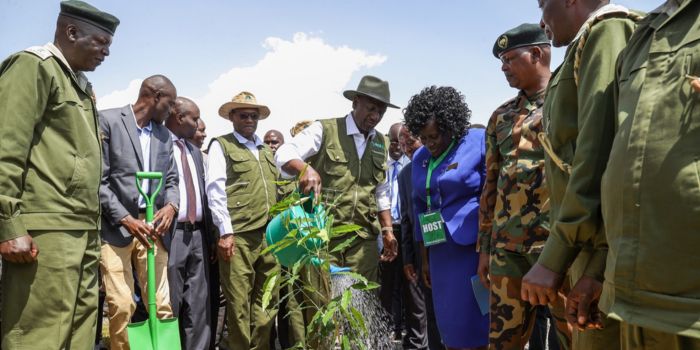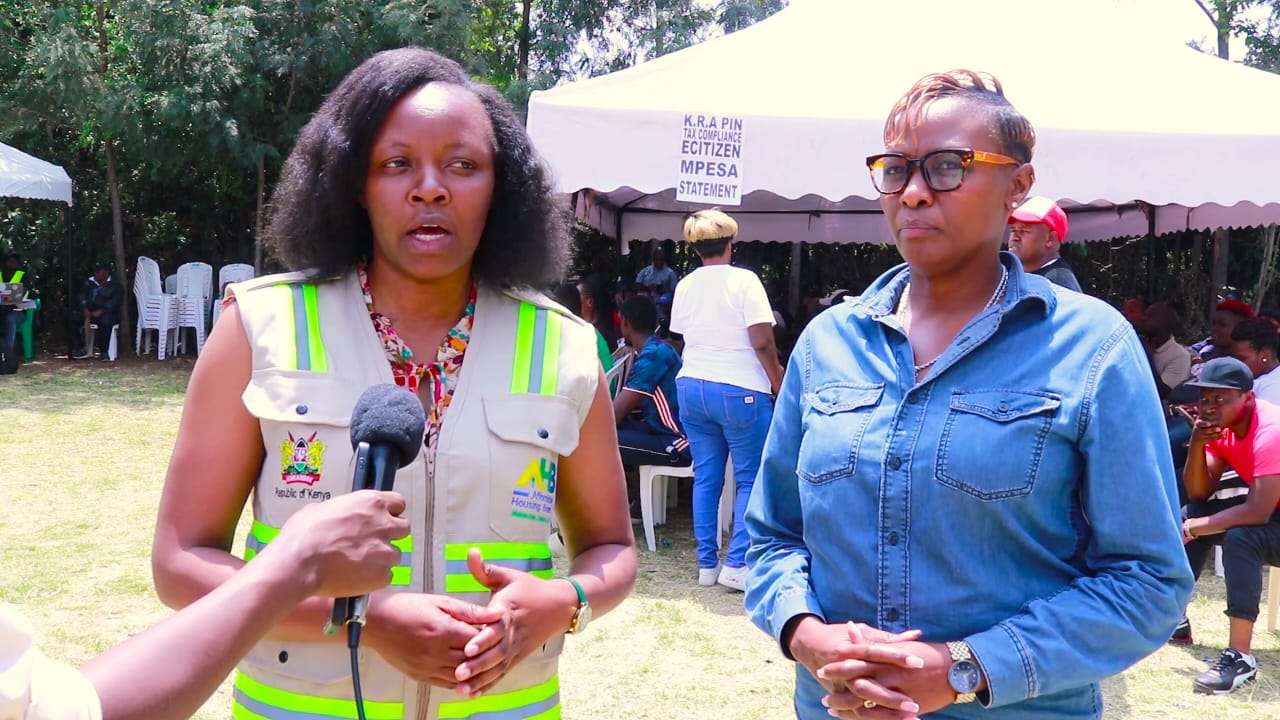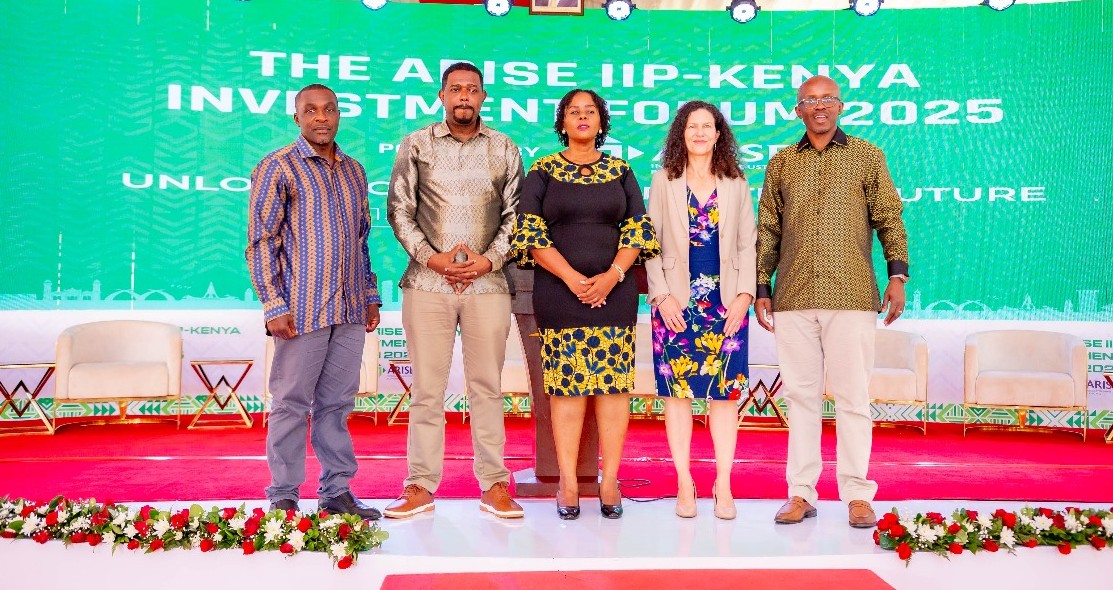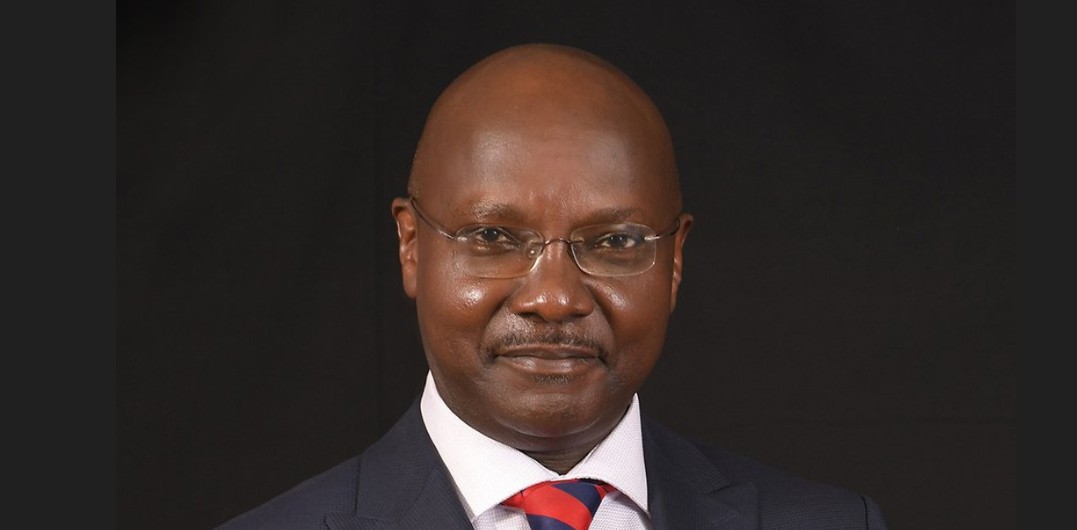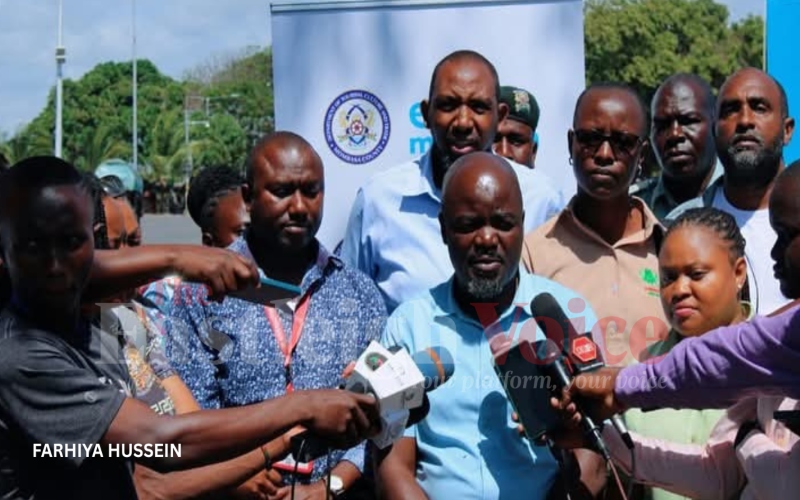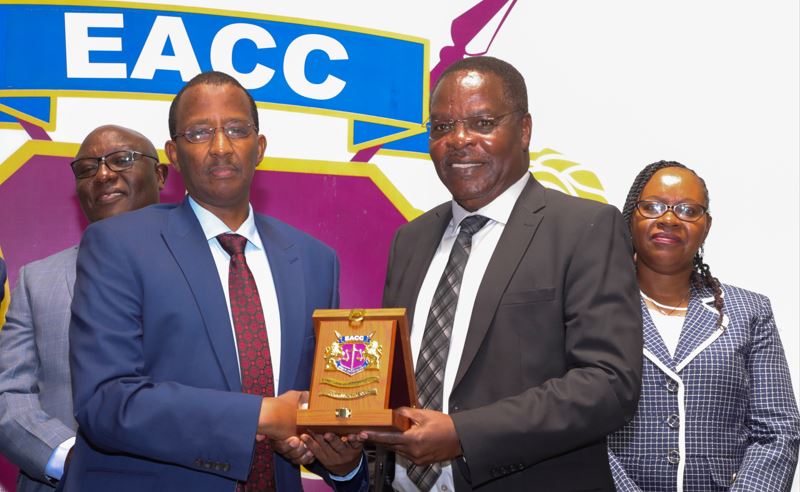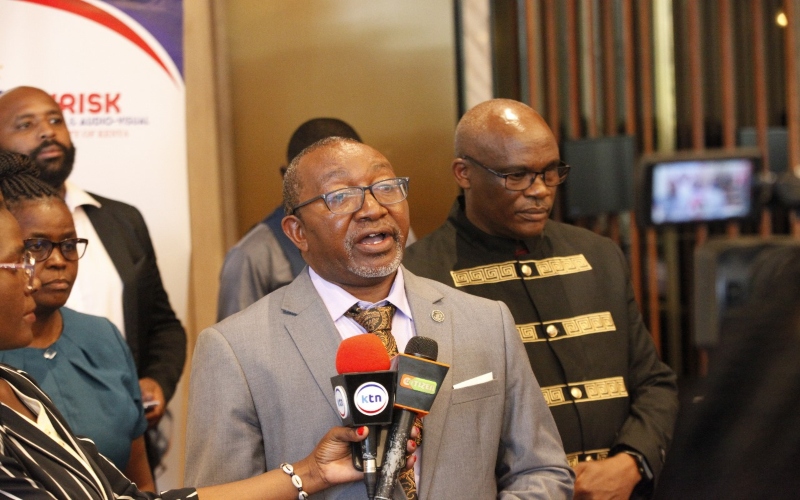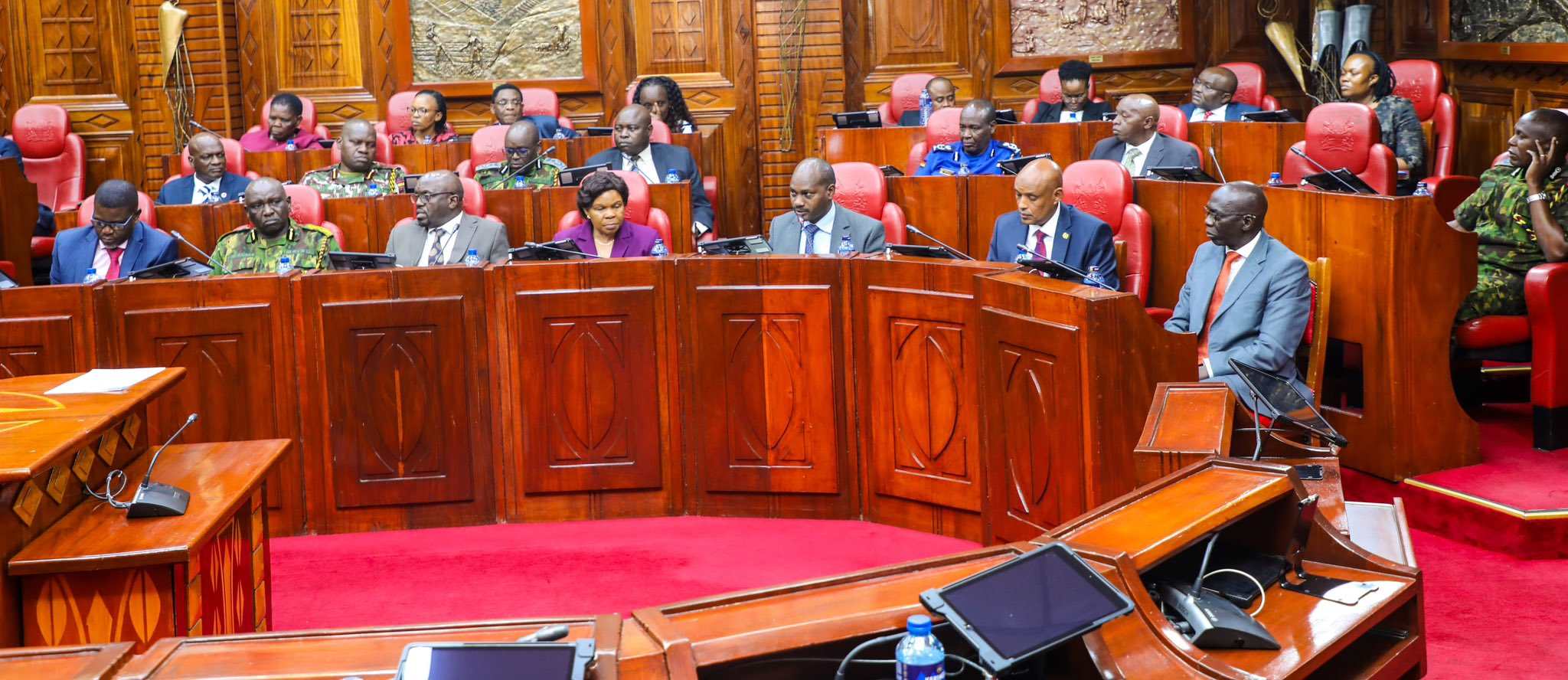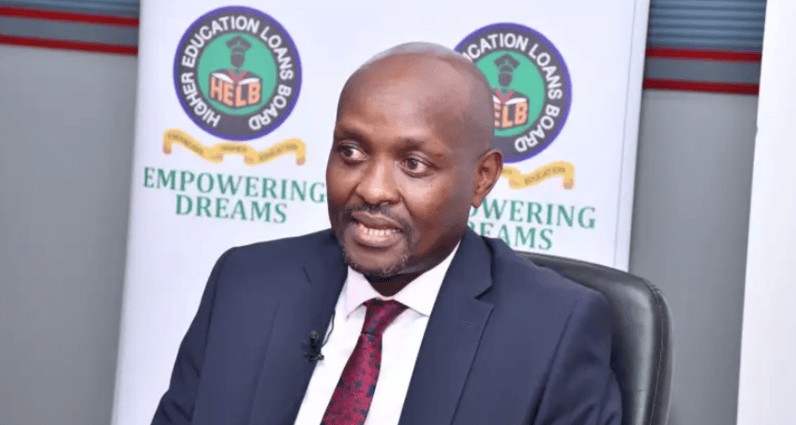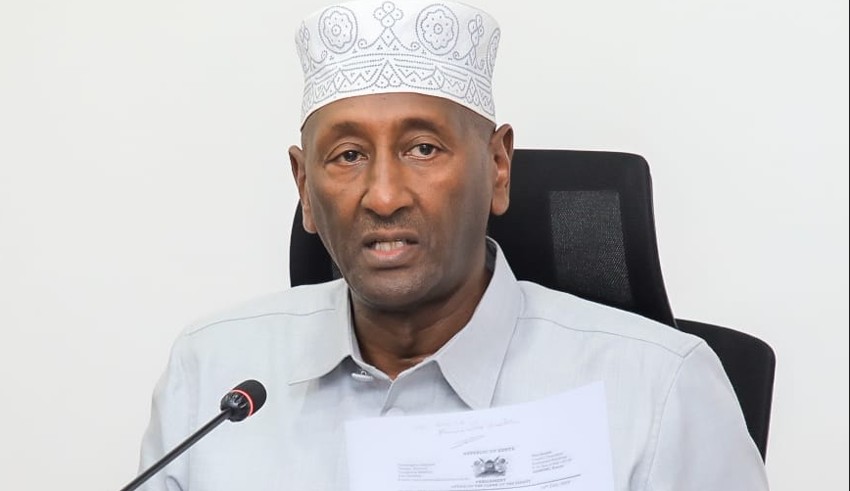Showdown looms as senators demand more funds for counties, National Assembly disagrees
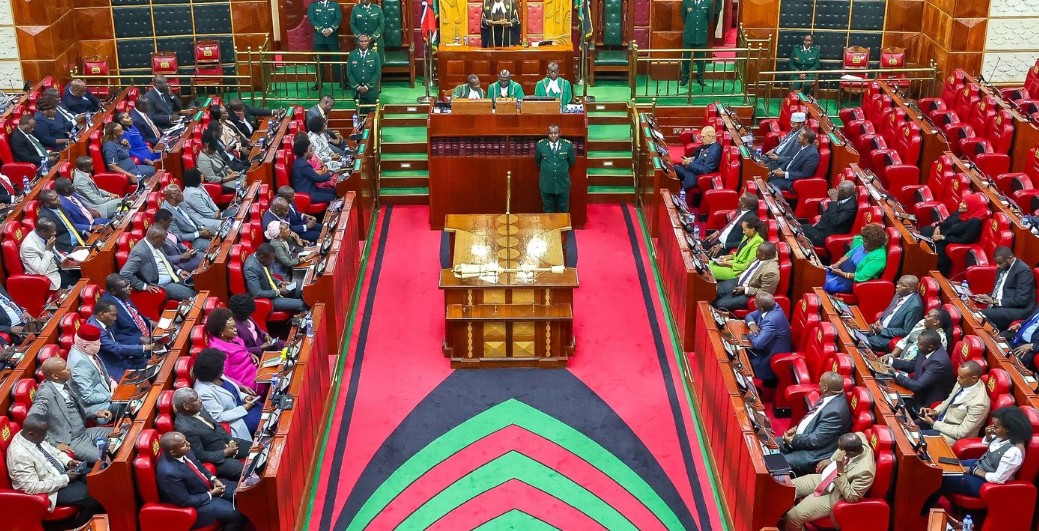
As both Houses stand firm in their positions, it remains to be seen whether the conflict will be resolved before the 2025/2026 financial year, with the potential for further delays in devolved government service delivery and development.
The Senate and the National Assembly are headed for a showdown over county revenue allocation in the 2025/2026 financial year.
While the Senate’s Finance and Budget Committee has pushed for an allocation of Sh465 billion for counties, the National Assembly’s Budget and Appropriations Committee (BAC) has endorsed a Sh405.1 billion figure, in line with the National Treasury’s proposal.
More To Read
- Bill expanding Senate's powers sparks debate over oversight, budget control
- COTU demands withdrawal of Business Laws Bill, citing threat to workers’ rights
- LSK flags risk of self-regulating county assemblies under new Bill
- Senate denies plans to extend presidential term limit, create office of Prime Minister
- MPs demand probe into Sh373m stalled amphitheatre project at University of Eldoret
- Senate calls on MCAs to stand firm against political, financial pressure
The Treasury’s recommendation is based on current economic conditions, including lower-than-expected revenue generation and high national debt obligations.
In a report tabled in the National Assembly, BAC, which is chaired by Alego Usonga MP Samuel Atandi, argued that the Sh405 billion figure was the most appropriate given the budgetary constraints and macroeconomic realities facing the country.
The Treasury, which appeared before the committee, further explained that its proposal was grounded in the anticipated lower ordinary revenue in the 2025/2026 financial year, as well as the substantial burden of public debt.
Treasury noted that the government is currently absorbing the impact of revenue underperformance, which has resulted in a more constrained fiscal space.
Public debt servicing is expected to consume 52 per cent of ordinary revenue in the 2025/2026 financial year, a sharp increase from the average 41 per cent between 2016/2017 and 2025/2025.
The BAC also rejected proposals from the Council of Governors (COG), which had requested Sh536.88 billion for counties, and the Commission on Revenue Allocation (CRA), which recommended Sh417.4 billion.
The governors argued that the baseline for allocation should be Sh400.1 billion, not the Sh387.4 billion figure that was arrived at following budget cuts triggered by Gen Z protests in June 2024.
In response, the BAC rejected these proposals, pointing out that they were based on the fourth basis for revenue sharing, a formula that has yet to be approved by Parliament.
Further, the committee stressed that the revenue allocation was based on the audited revenue for the 2020/2021 financial year, which may not accurately reflect the current fiscal reality.
“The committee noted that the equitable share proposed by the National Treasury takes into account present macroeconomic conditions amidst budgetary constraints. Notably, the allocation is above the 15 percent threshold prescribed by the Constitution,” reads the BAC report.
It added: “The committee, therefore, observed the need to delink the process of vertical sharing of revenue between the two levels of government, as mandated by Articles 202, 203 and 218(1)(a), from the horizontal sharing of revenue among the 47 counties.”
Meanwhile, the Senate Finance and Budget Committee insists that counties should be allocated Sh465 billion, citing the prevailing economic conditions, expected revenue, and inflation factors.
The Senate committee, chaired by Mandera Senator Ali Roba, explained that its decision was made after considering the non-discretionary expenditures the national government is passing on to counties, such as the housing levy and the Social Health Insurance Fund.
“The BPS proposal of Sh405.1 billion for counties does not account for rising non-discretionary commitments such as the housing levy and Social Health Insurance,” Roba said.
The Senate also insisted that the equitable share among counties should be allocated using the proposed fourth basis, a stance that differs from the BAC’s position.
As both Houses stand firm in their positions, it remains to be seen whether the conflict will be resolved before the 2025/2026 financial year, with the potential for further delays in devolved government service delivery and development.
Top Stories Today
